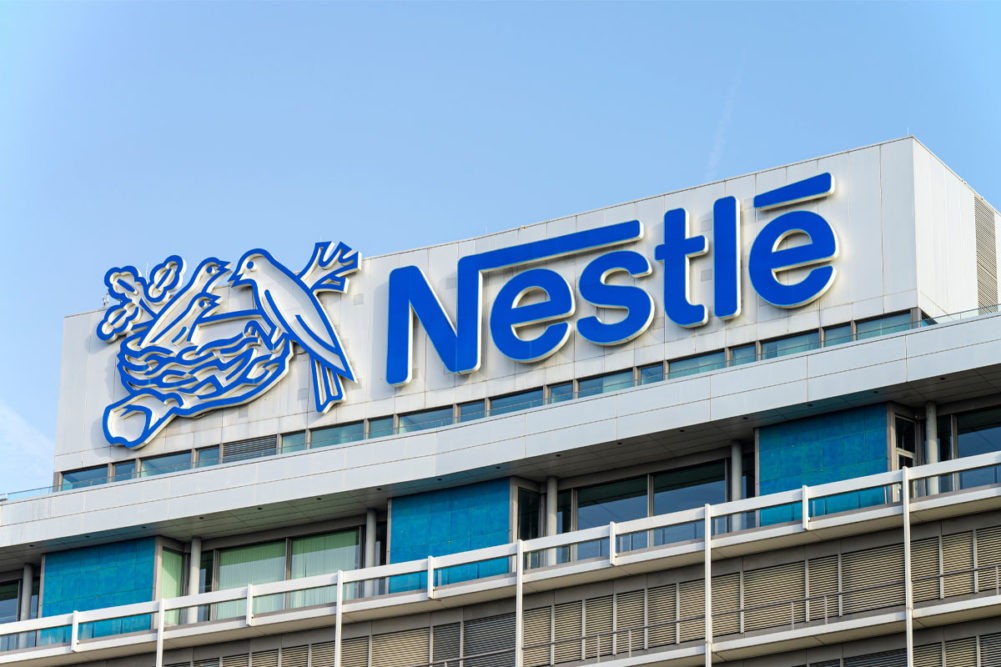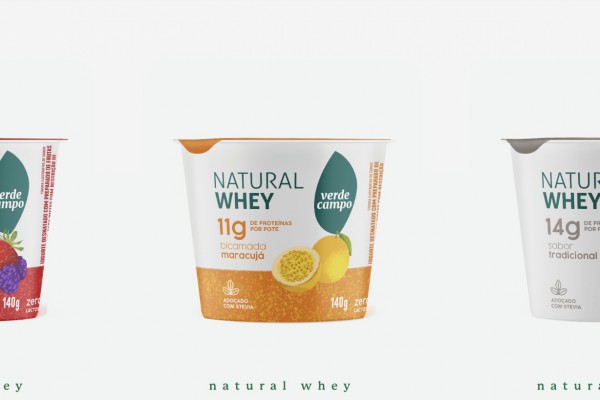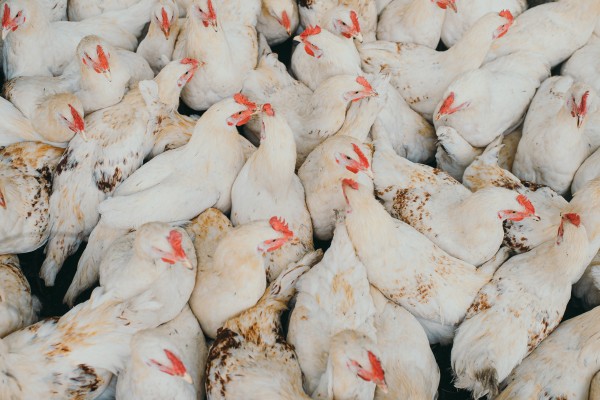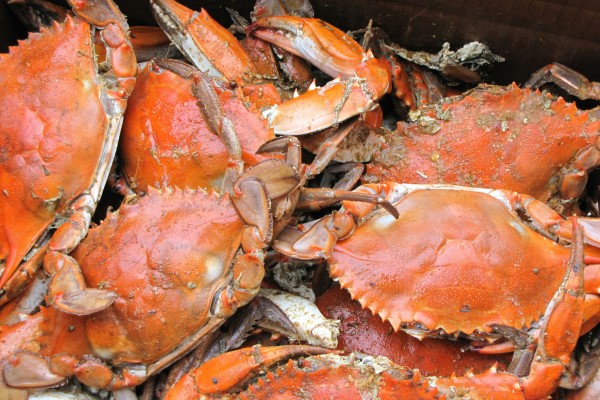The agreed commitments safeguard market competition conditions and end an 18-year-long legal case.
On 7 June, the Administrative Council for Economic Defense (CADE) cleared Nestlé Brasil's acquisition of Chocolates Garoto. The Tribunal of CADE cleared the deal upon signing a merger control agreement (ACC in its acronym in Portuguese) with Nestlé, which imposes several behaviour remedies to safeguard competition in the Brazilian chocolate market. The agreement will also serve as a settlement that ends a legal suit under course for years.
Nestlé acquired Garoto in February 2002. However, CADE blocked the transaction two years later—in February 2004—since it would result in a concentration of more than 58% of the chocolate market in Brazil. At the time, the antitrust authority reviewed such transactions after their consummation—a ruling changed only when Law 12529/2011 came into force in May 2012, determining pre-merger review as a rule.
In 2005, Nestlé claimed prosecution of the deal due to the authority’s blockage. Later, in 2009, a new judicial order determined the reopening of the case and new hearing by CADE. Hence, in June 2021, the authority undertook a new probe to carry out market tests.
The Office of the Superintendent-General of CADE conducted the new investigation, which contributed to define the conditions of the merger control agreement. The scrutiny evidenced that, from 2001 to 2021, several players entered the markets that raised concerns in the first review of the deal, namely the chocolate confectionery and the chocolate coating segments. During this period, the market shares of Garoto/Nestlé decreased significantly. In the chocolate confectionery market, it went from 50-60% (2001) to 30-40% (2021), whilst in the chocolate coating from 80-90% to 20-30%, suggesting the company no longer led the market.
For the investigative arm of CADE, rivalry in the Brazilian chocolate market considerably changed within the last 20 years. Therefore, keeping the decision for the merger blockage is ineffective since the market already faced the consequences of the merger throughout these years.
Conditions
Upon the merger control agreement, Nestlé is to meet several behaviour remedies related to its internal activities, such as obligations to do or not to do.
Thus, Nestlé cannot acquire assets that represent, cumulatively, a market share equal to or greater than 5% for a five-year term. The commitment does not apply to international acquisitions with effects in Brazil conducted by Nestle’s financial controller or by a company of its economic group. In such cases, mergers shall be notified if they meet the pre-merger notification criteria established by the Brazilian Competition Law.
The agreement also sets that Nestlé is to inform CADE, within a seven-year term, of any asset acquisition below the 5% threshold that translates into a merger in the Brazilian chocolate market—even if the other involved business does not meet the turnover criteria for mandatory merger notification.
Within this same period, Nestlé commits not to intervene in third party requests for reduction, suspension or elimination of taxes on chocolate imports, based on the terms of Executive Orders no. 11428/2023 and 10242/2020. Also, Nestlé must keep operating, for seven years at a minimum, Garoto’s factory in Vila Velha, in the State of Espírito Santo.
According to CADE’s President, Alexandre Cordeiro, the agreement aims to preserve current competition conditions. “Considering the case runs for more than 20 years long and the current antitrust framework in force in the country, the negotiation between CADE and Nestlé resulted in an agreement that sets appropriate and sufficient measures to mitigate competition issues in the market and safeguard consumers' interests”.
Access Case No.08012.001697/2002-89




